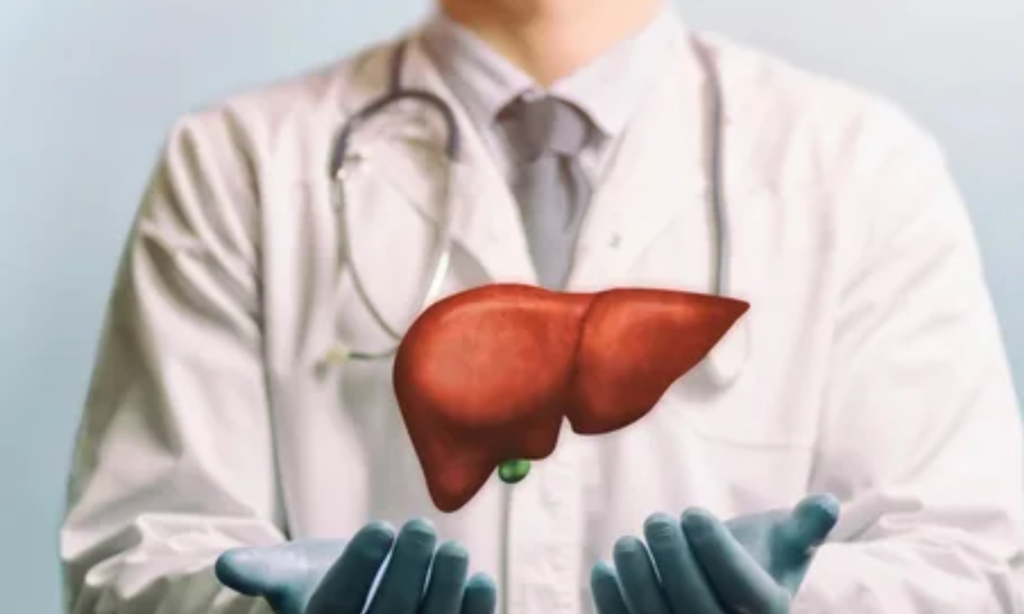
Liver transplantation is a complex yet life-saving procedure that is often the last resort for patients suffering from end-stage liver disease or acute liver failure. This surgical procedure involves replacing a diseased or malfunctioning liver with a healthy liver from a deceased or living donor. It is crucial for patients and their families to have a comprehensive understanding of this procedure, its implications, and what to expect before, during, and after surgery.
Why Liver Transplantation?
The liver plays a vital role in the body’s metabolism, detoxification, and immune function. When it fails to perform these functions due to chronic conditions such as cirrhosis, hepatitis, or acute liver failure, transplantation becomes necessary. Common reasons for liver transplantation include:
- Cirrhosis: Scarring of the liver tissue, often caused by chronic alcoholism, hepatitis B or C infection, fatty liver disease, or autoimmune diseases.
- Hepatitis: Viral infections (Hepatitis B and C) that lead to progressive liver damage.
- Liver Cancer: Primary liver tumors or metastatic cancers impacting the liver are significant health concerns.
- Types of Liver Transplantation
There are two main types of liver transplantation:
- Deceased Donor Liver Transplant: In this procedure, a healthy liver is obtained from a deceased donor who has previously consented to organ donation. The donor’s liver is matched with the recipient based on blood type, body size, and severity of illness.
- Living Donor Liver Transplant: A portion of the healthy liver from a living donor (usually a family member or close relative) is surgically removed and transplanted into the recipient. The remaining portion of the donor’s liver regenerates and grows back to its original size within a few weeks.
Preparing for Liver Transplantation
Before undergoing a liver transplant, patients undergo a thorough evaluation process to assess their overall health and suitability for surgery. This evaluation includes:
- Medical Evaluation: Assessing the severity of liver disease, overall health, and any other existing medical conditions.
- Psychological Evaluation: Ensuring the patient is mentally prepared for the challenges of transplantation and the post-operative care required.
- Financial Evaluation: Determining the financial resources available to cover the costs of surgery, post-operative care, and lifelong immunosuppressive medications.
The Transplant Procedure
The liver transplantation surgery typically lasts between 6 to 12 hours and involves meticulous surgical techniques to remove the diseased liver and replace it with the healthy donor liver. Post-surgery, the patient is closely monitored in the intensive care unit (ICU) to ensure stable recovery and proper functioning of the new liver.
Recovery and Post-Transplant Care
Recovery after liver transplantation varies from patient to patient but generally involves:
- Immunosuppressive Medications: Lifelong medications are necessary to prevent the body from rejecting the new liver.
- Regular Follow-up: Scheduled visits to the transplant center for monitoring liver function, medication adjustments, and overall health status.
- Lifestyle Changes: Adopting a healthy lifestyle, including a balanced diet, regular exercise, and avoiding alcohol and smoking.
Risks and Complications
While liver transplantation is a highly successful procedure, it carries risks such as:
- Rejection: The body’s immune system may recognize the new liver as foreign and attempt to attack it.
- Infection: Increased susceptibility to infections due to immunosuppressive medications.
- Bleeding and Clotting: Surgical complications such as bleeding or blood clot formation.
Summary
Liver transplantation is a life-changing procedure that offers hope and extended life to individuals suffering from end-stage liver disease. It requires careful consideration, preparation, and ongoing commitment to post-operative care and lifestyle changes. For those facing this journey, consulting with experienced healthcare professionals like Dr. Prasad Bhate at the Dr. Bhate’s Gastro Liver Clinic in Pune is crucial. Dr. Bhate’s expertise and compassionate care ensure patients receive the best possible treatment and support throughout their transplant journey.




